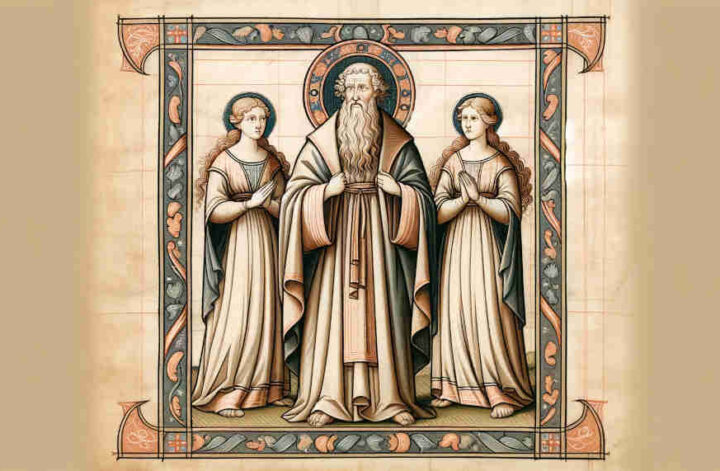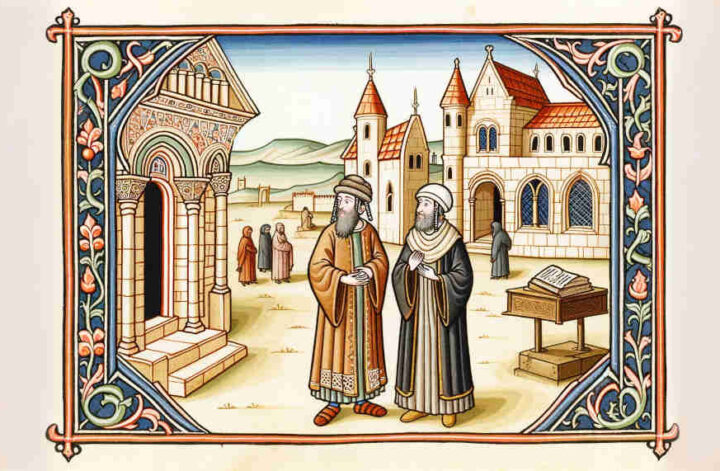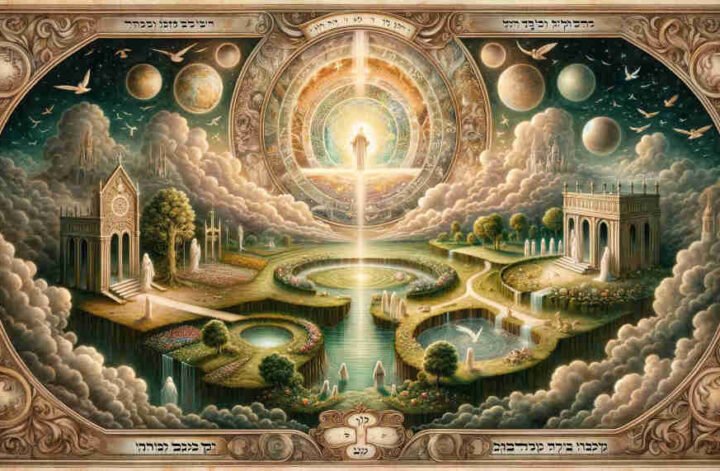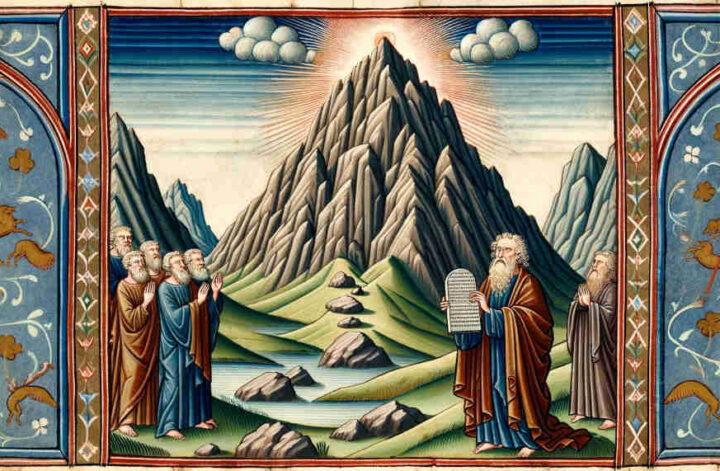Email from a reader: “Dear Rabbi Joshua, I am curious about the family of Noah as described in the Torah. Were the names of Noah’s daughters mentioned, and if so, what were they? Thanks, Emily Davis”
Dear Emily,
Your question about Noah’s daughters touches upon the details of Noah’s family as presented in the Torah. Let’s delve into this topic.
Noah’s Family in the Torah:
The Torah provides specific information about Noah’s immediate family, especially in the context of the narrative of the Great Flood. In these accounts, Noah’s sons are mentioned by name; they are Shem, Ham, and Japheth.
Noah’s Daughters:
Contrary to popular belief, the Torah does not mention any daughters of Noah. The narrative focuses on Noah, his wife, his three sons, and their wives. Genesis 6:18 states: “But with thee will I establish my covenant; and thou shalt come into the ark, thou, and thy sons, and thy wife, and thy sons’ wives with thee.” This verse highlights the individuals who were present with Noah in the ark.
Understanding the Absence of Mention:
The absence of named daughters in Noah’s story is not unusual in the context of the Torah’s narrative style, which often emphasizes certain family members for theological or narrative purposes. In the case of Noah, the focus is on the lineage through his sons, which is significant in the post-flood repopulation and dispersion of humanity.
Later Traditions and Interpretations:
It’s worth noting that later Jewish and non-Jewish traditions, as well as various interpretations and midrashim, have explored the broader family dynamics of biblical figures, including Noah. However, these are not based on the Torah text but rather on later elaborations and cultural narratives.
Conclusion:
Emily, in conclusion, the Torah does not provide names or specific information about Noah’s daughters, focusing instead on his sons and their wives. This narrative choice reflects the Torah’s emphasis on the lineage and covenantal relationships that are central to its message and themes.
Warm regards,
Rabbi Joshua



